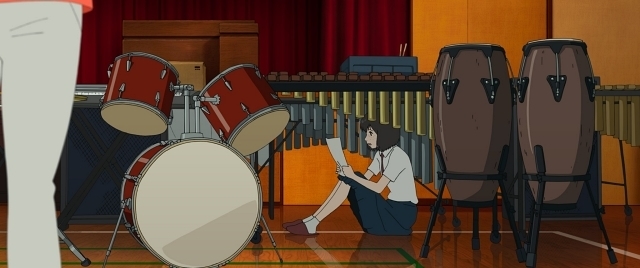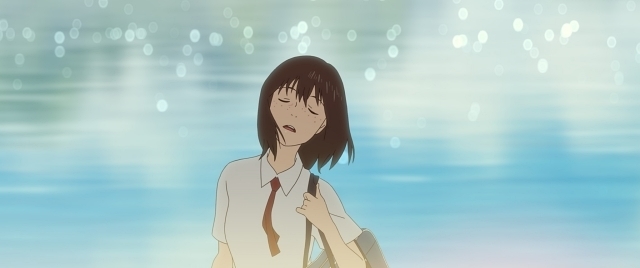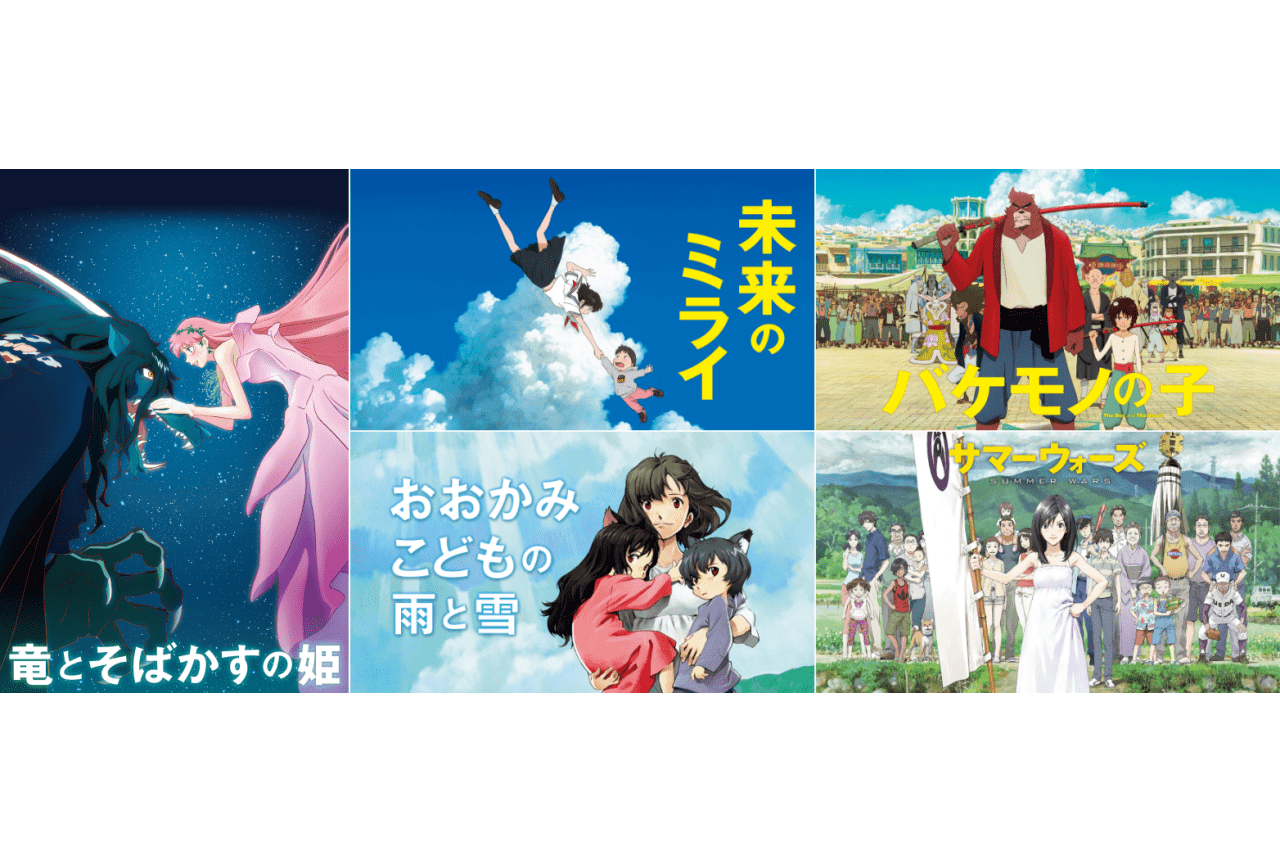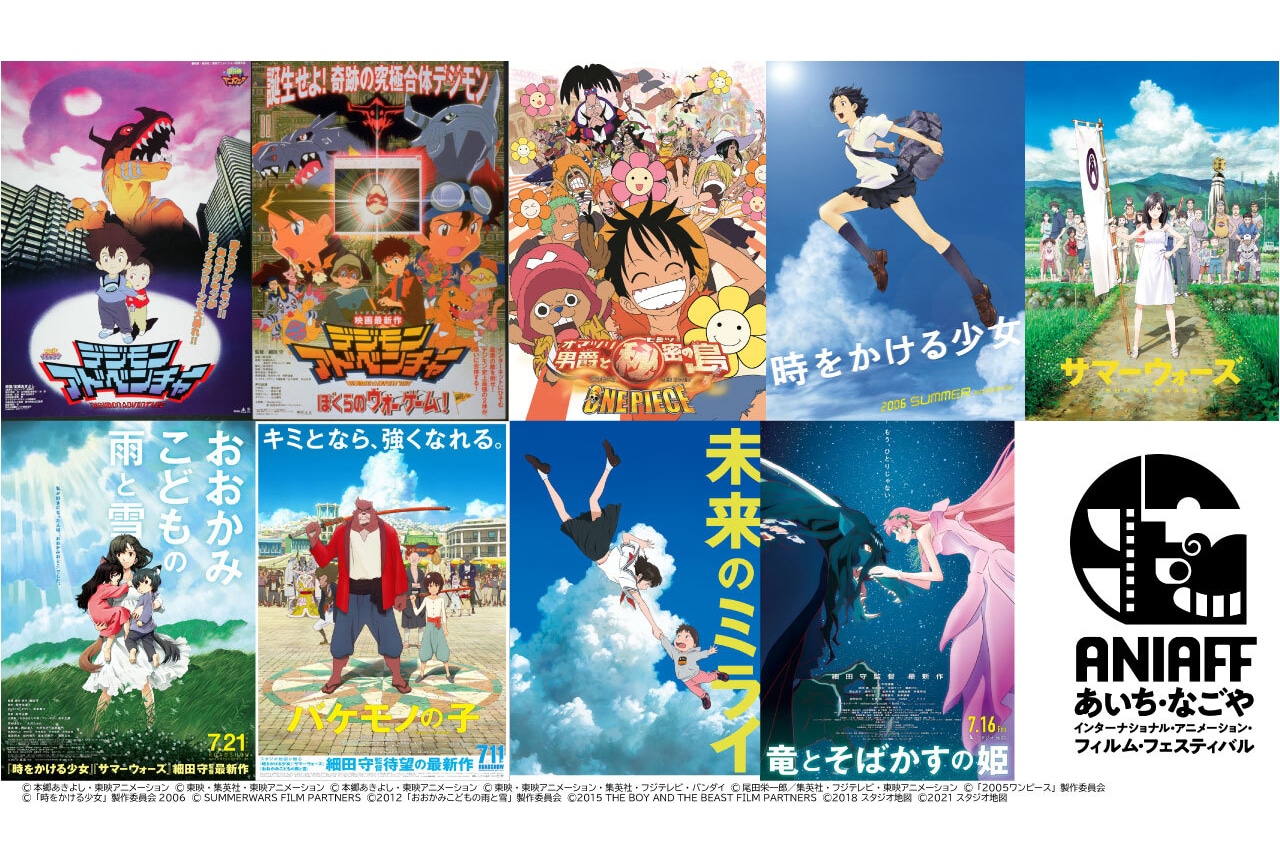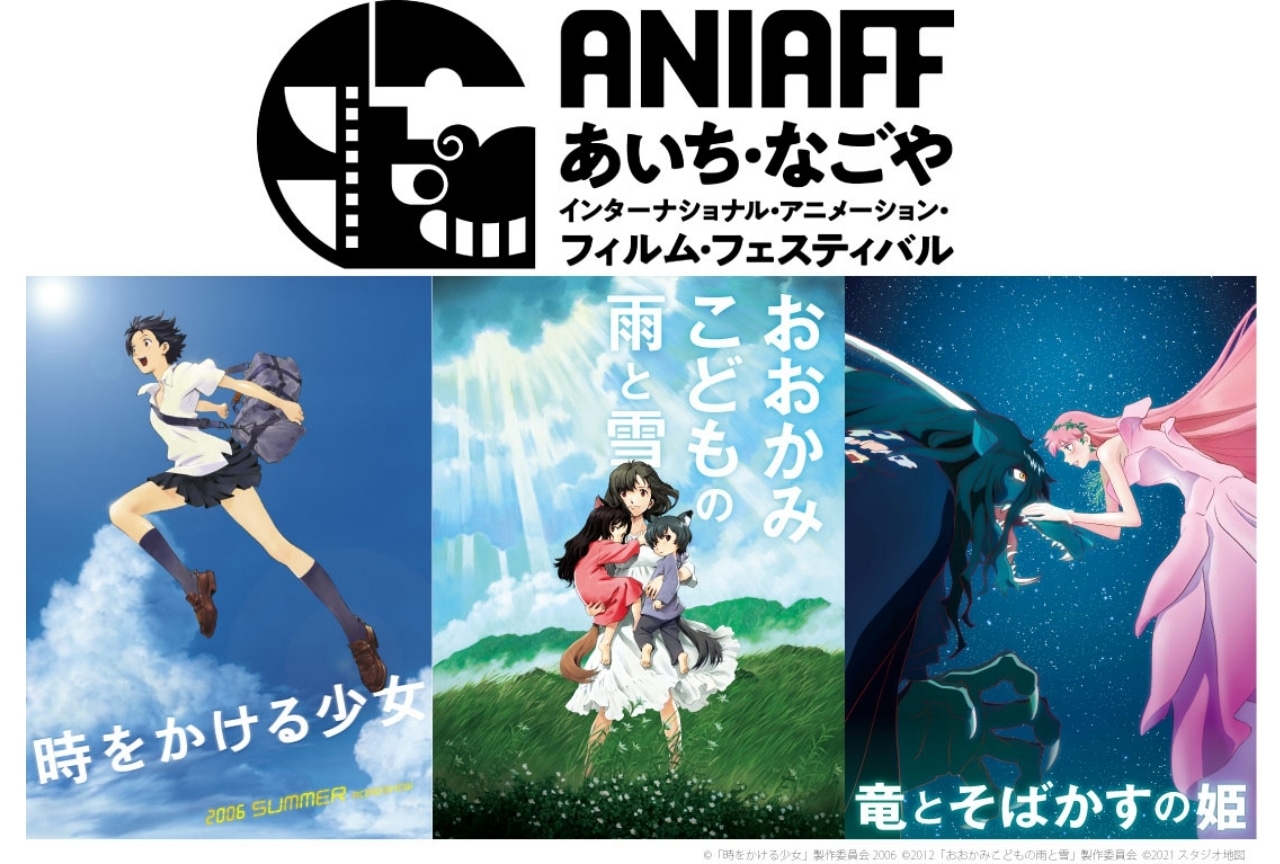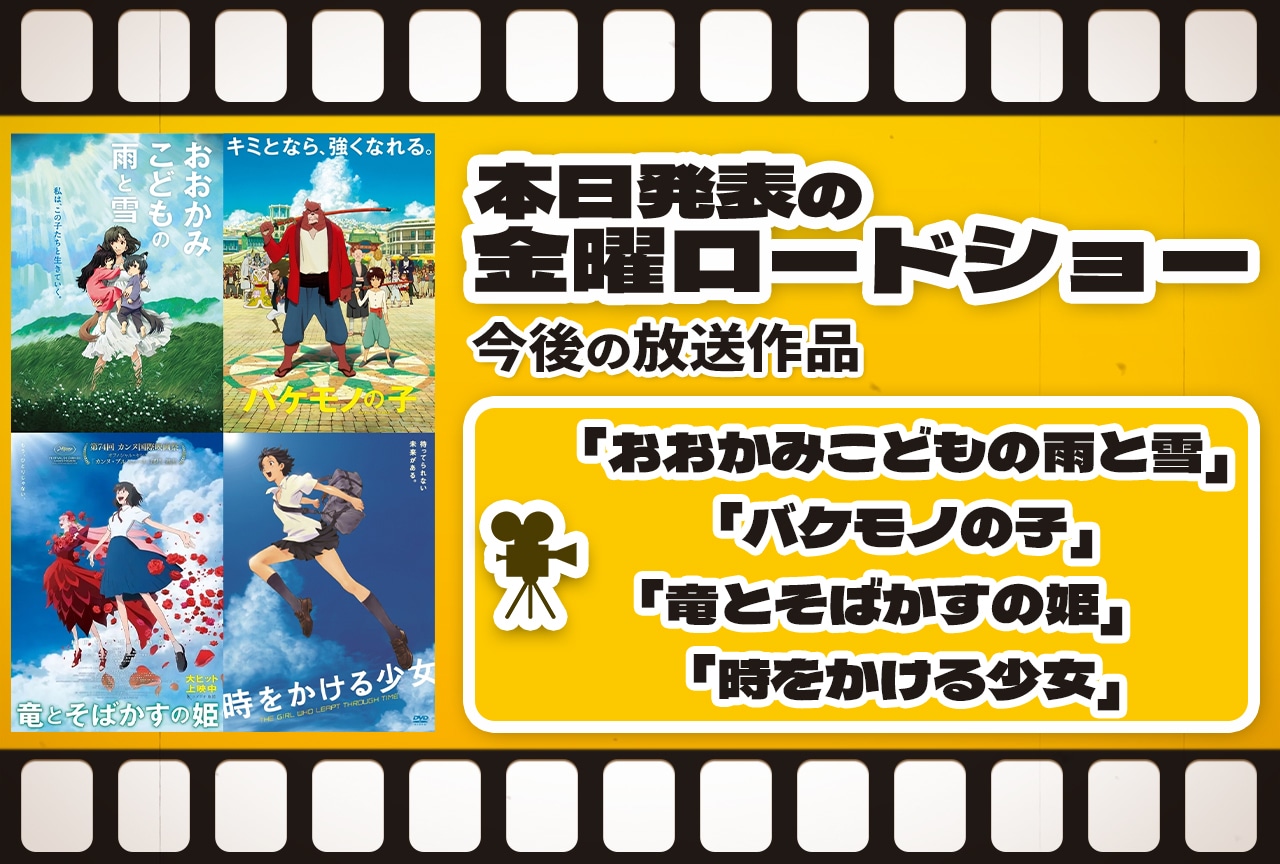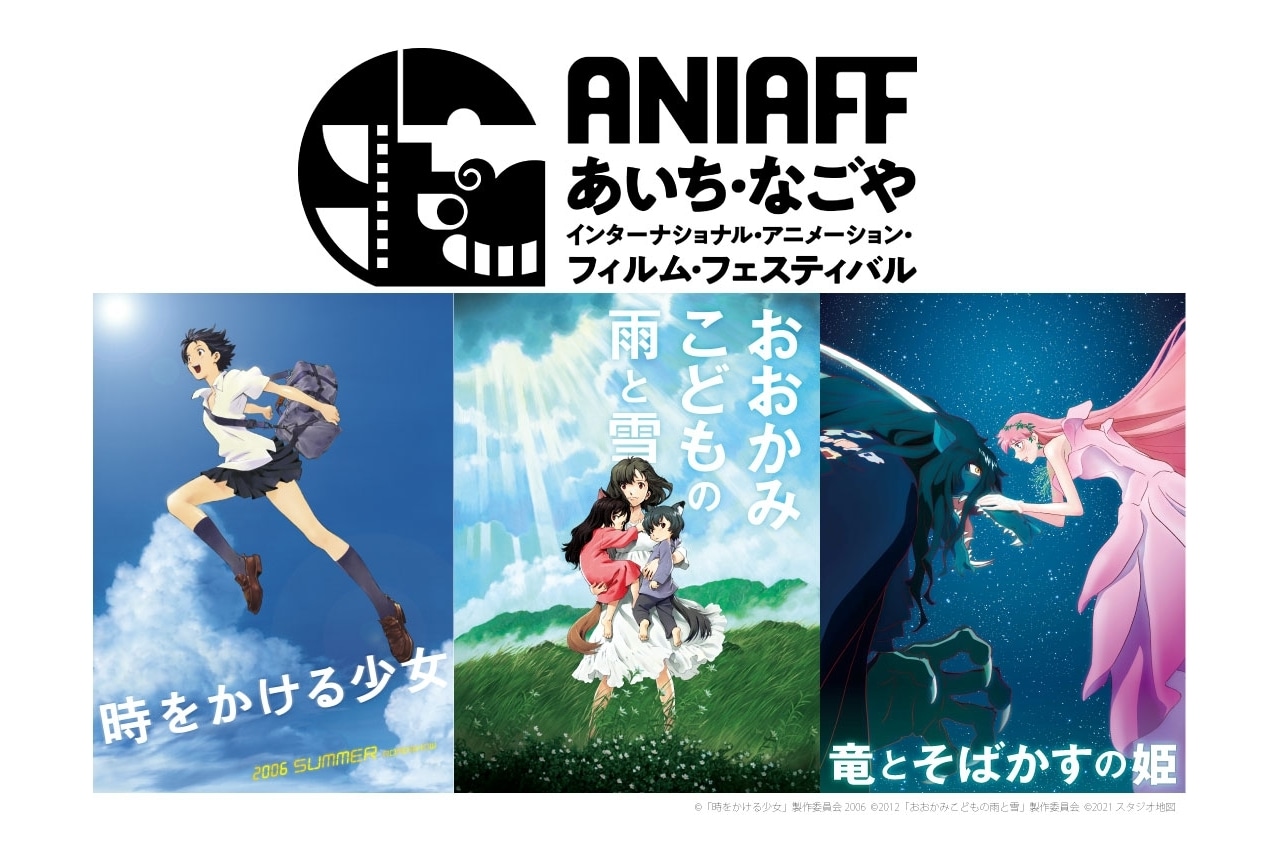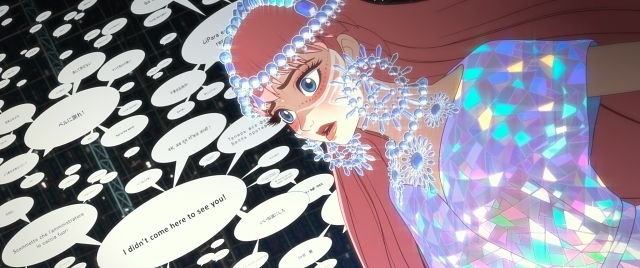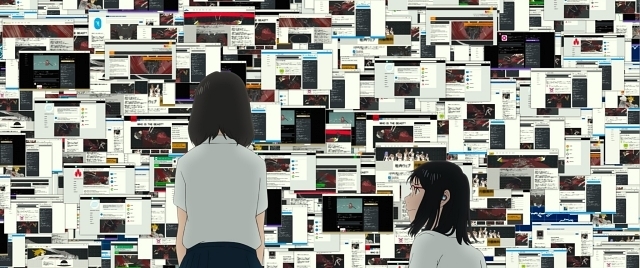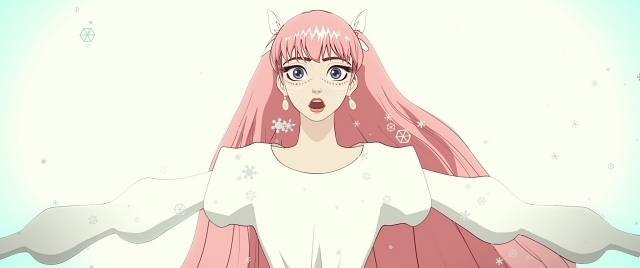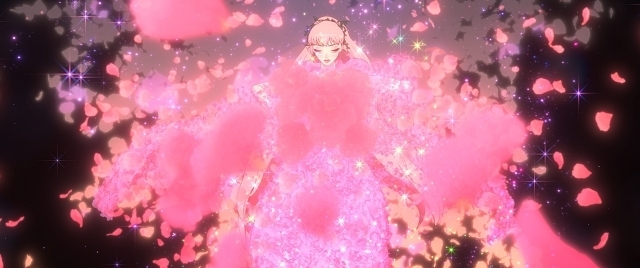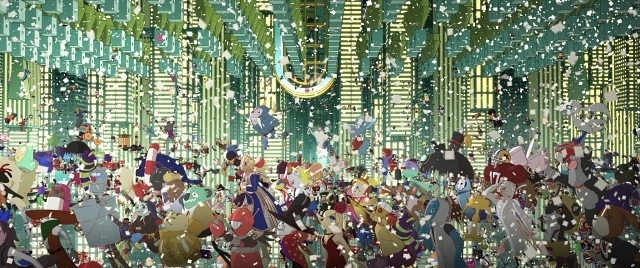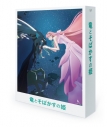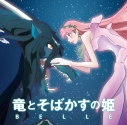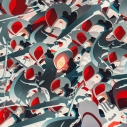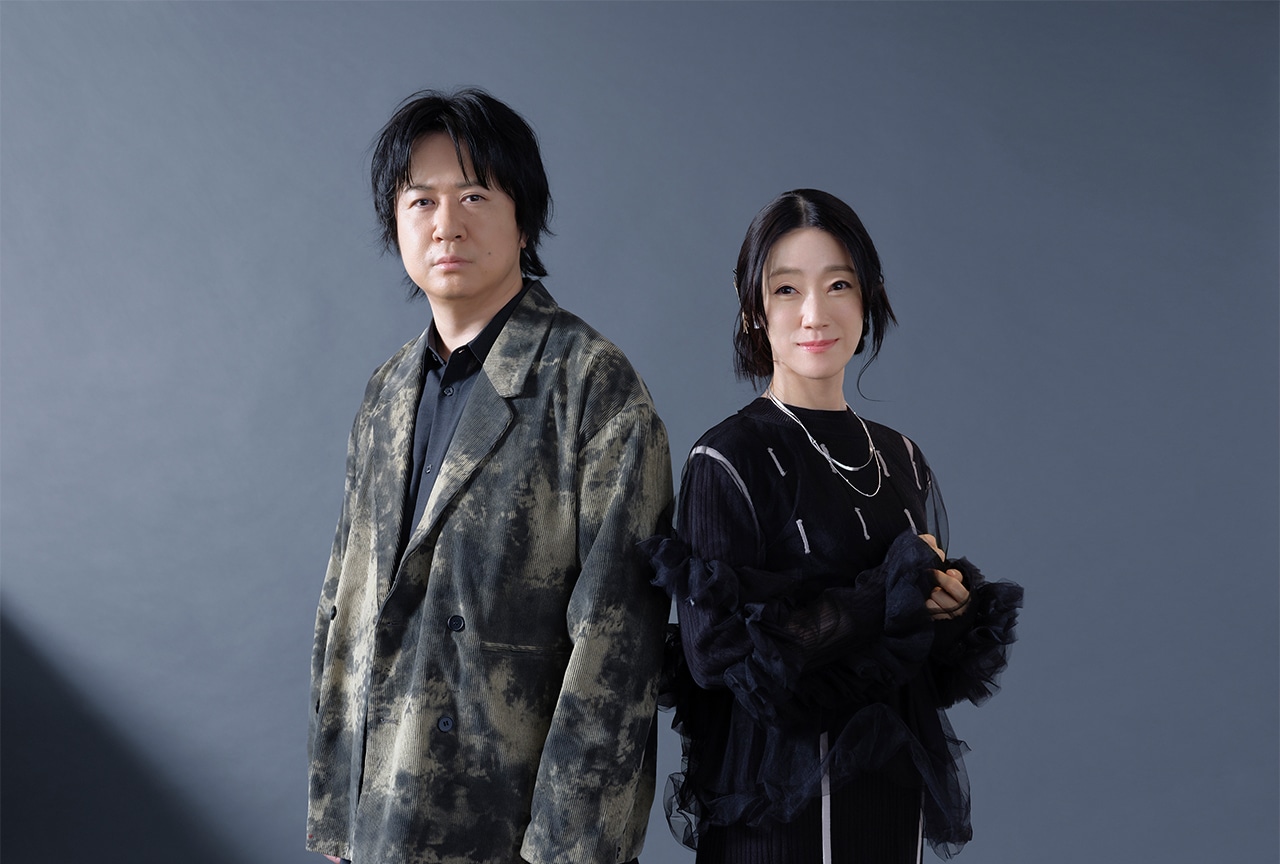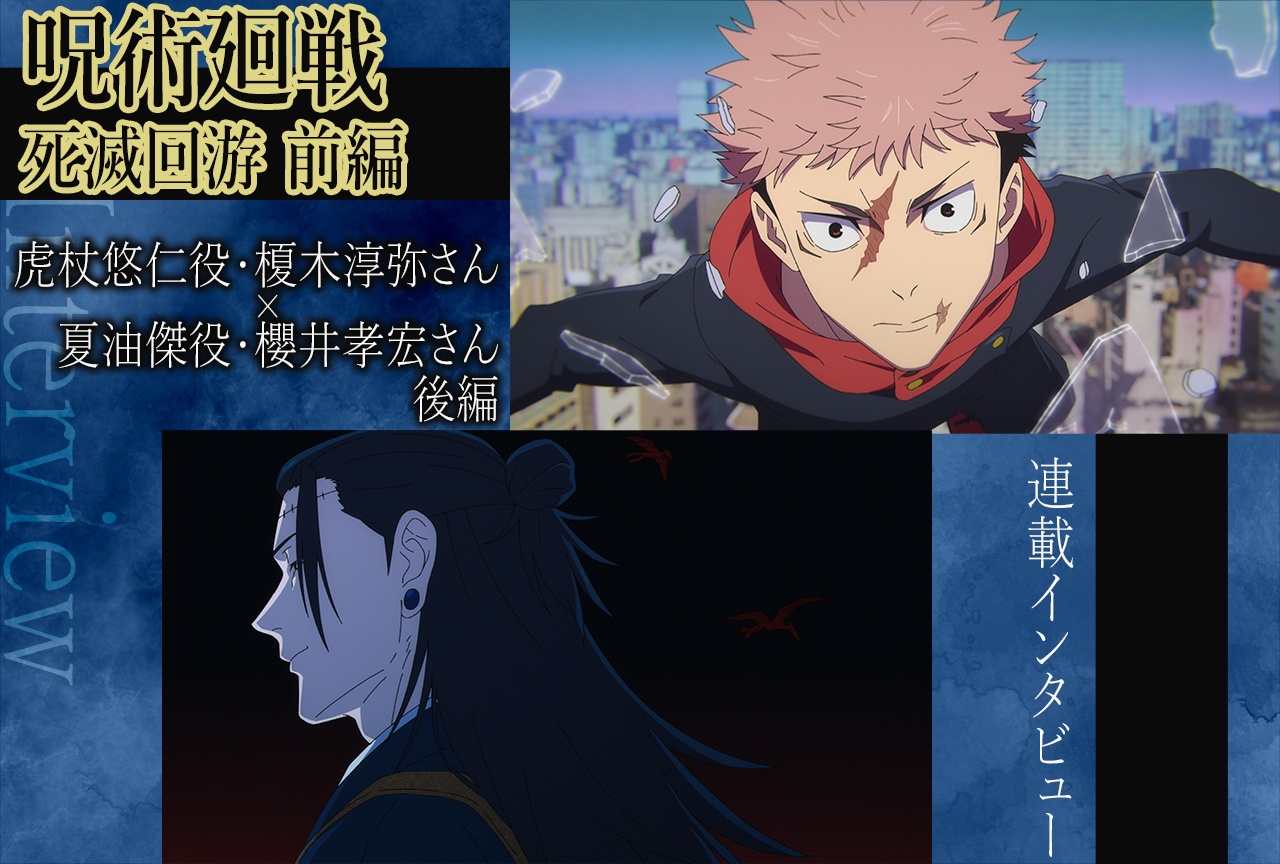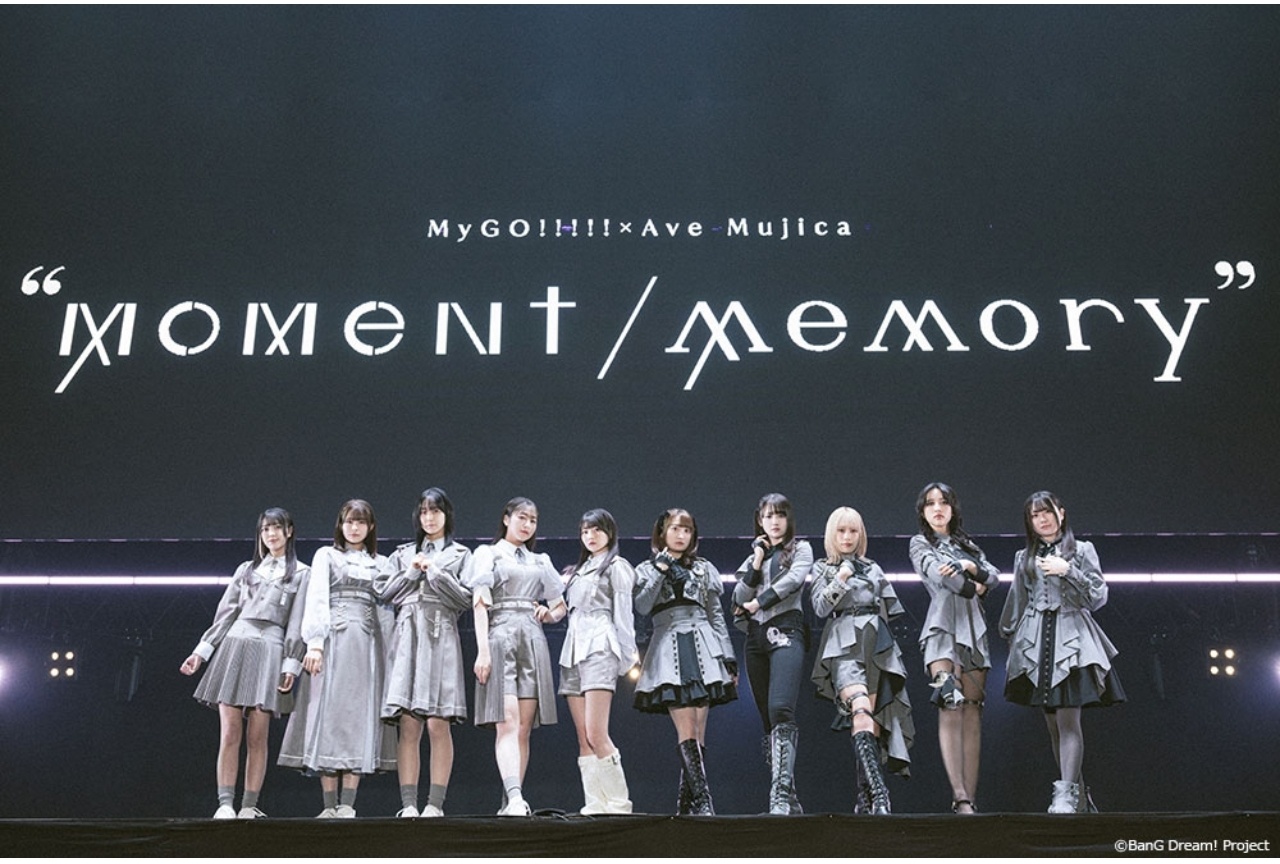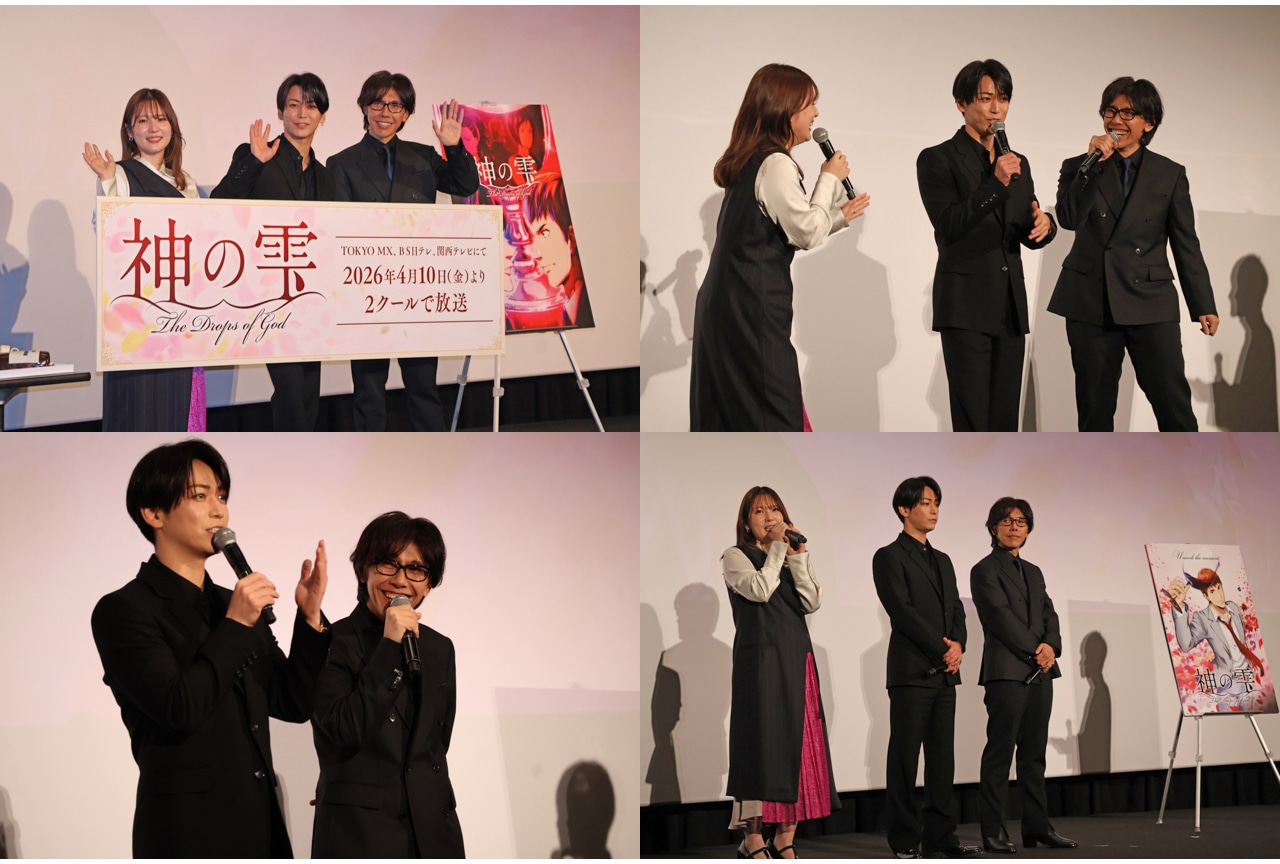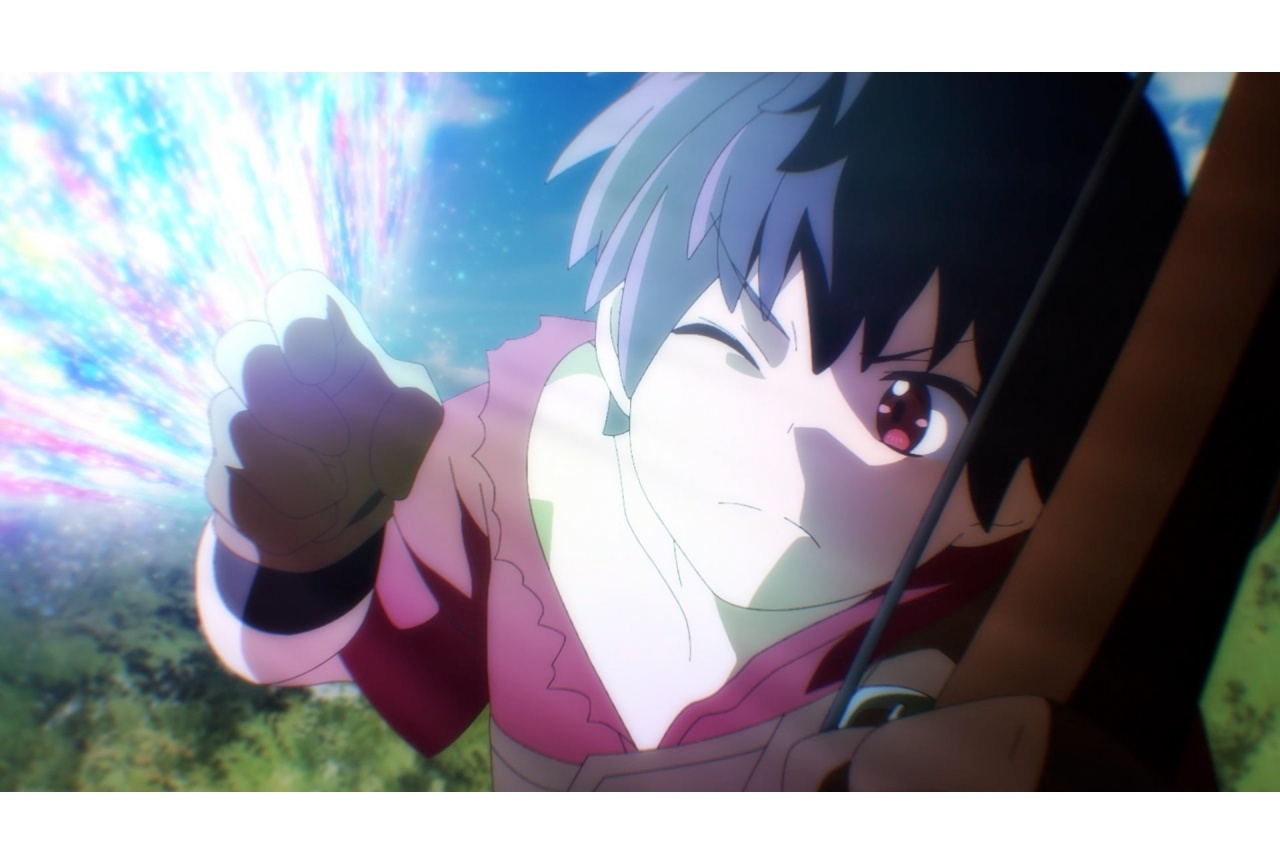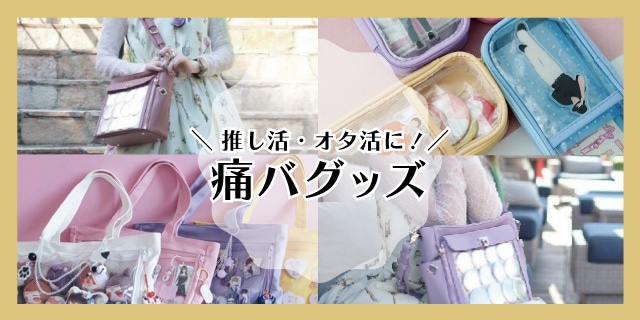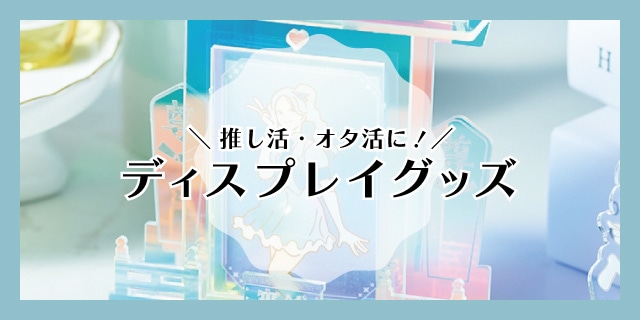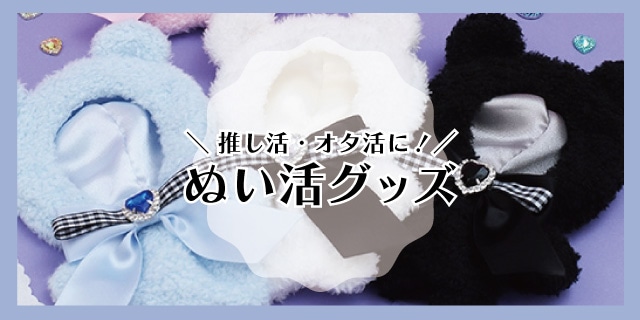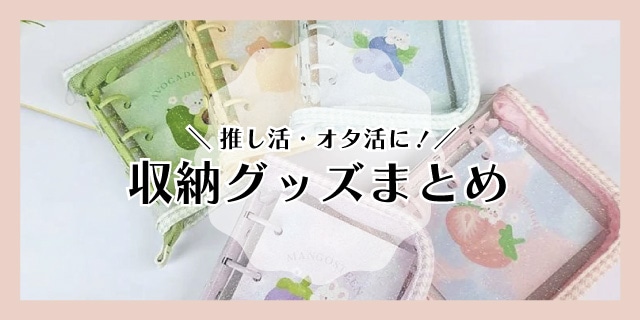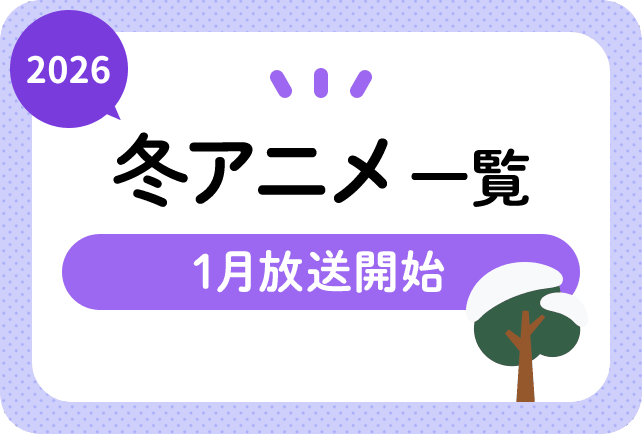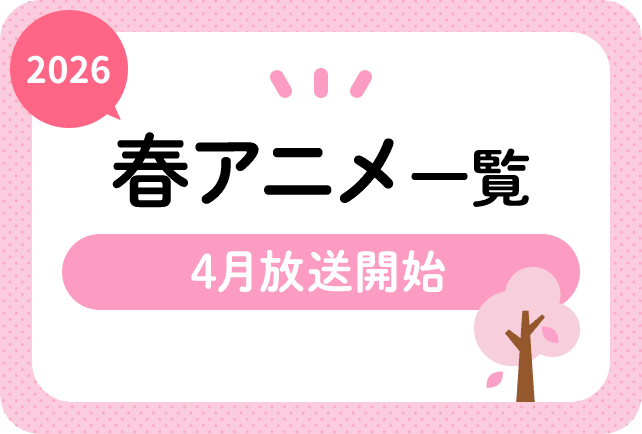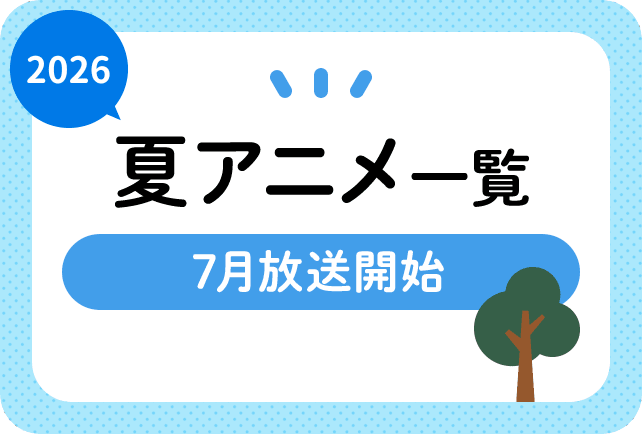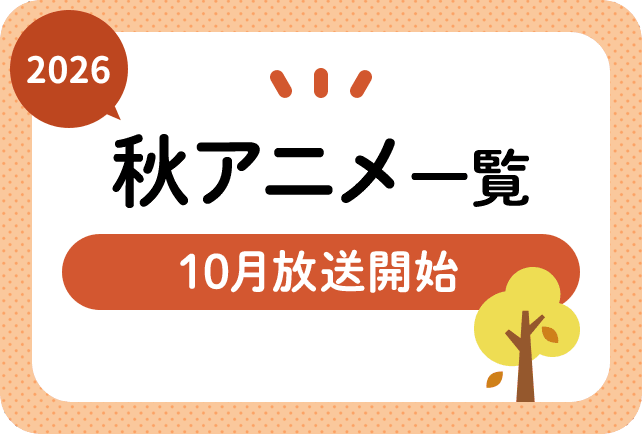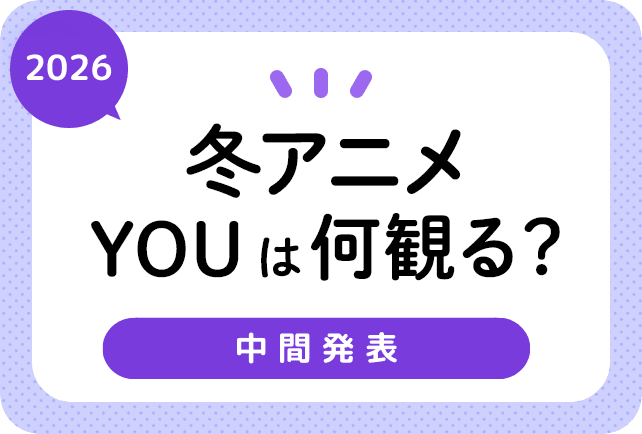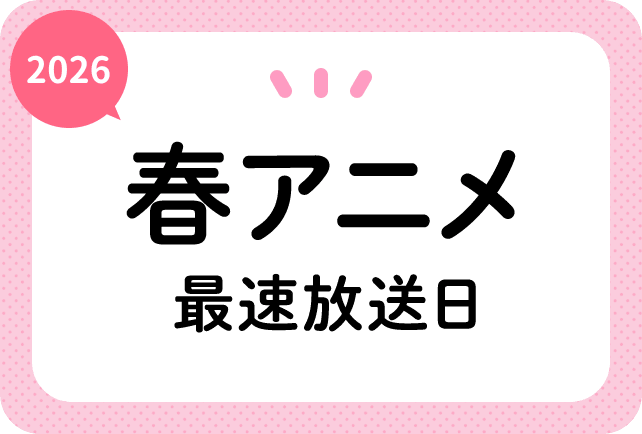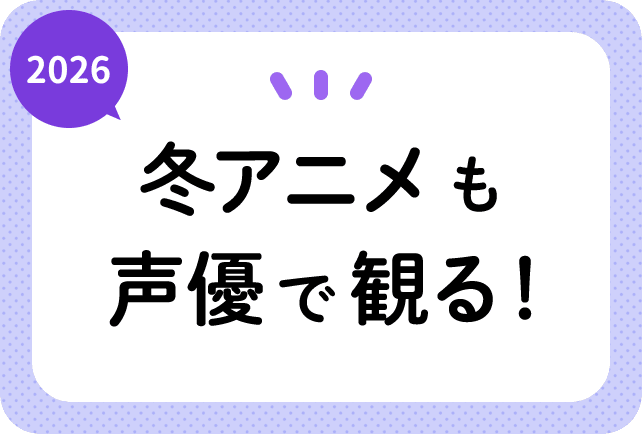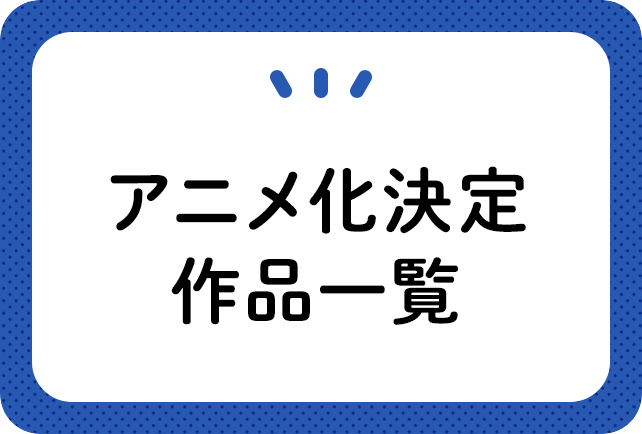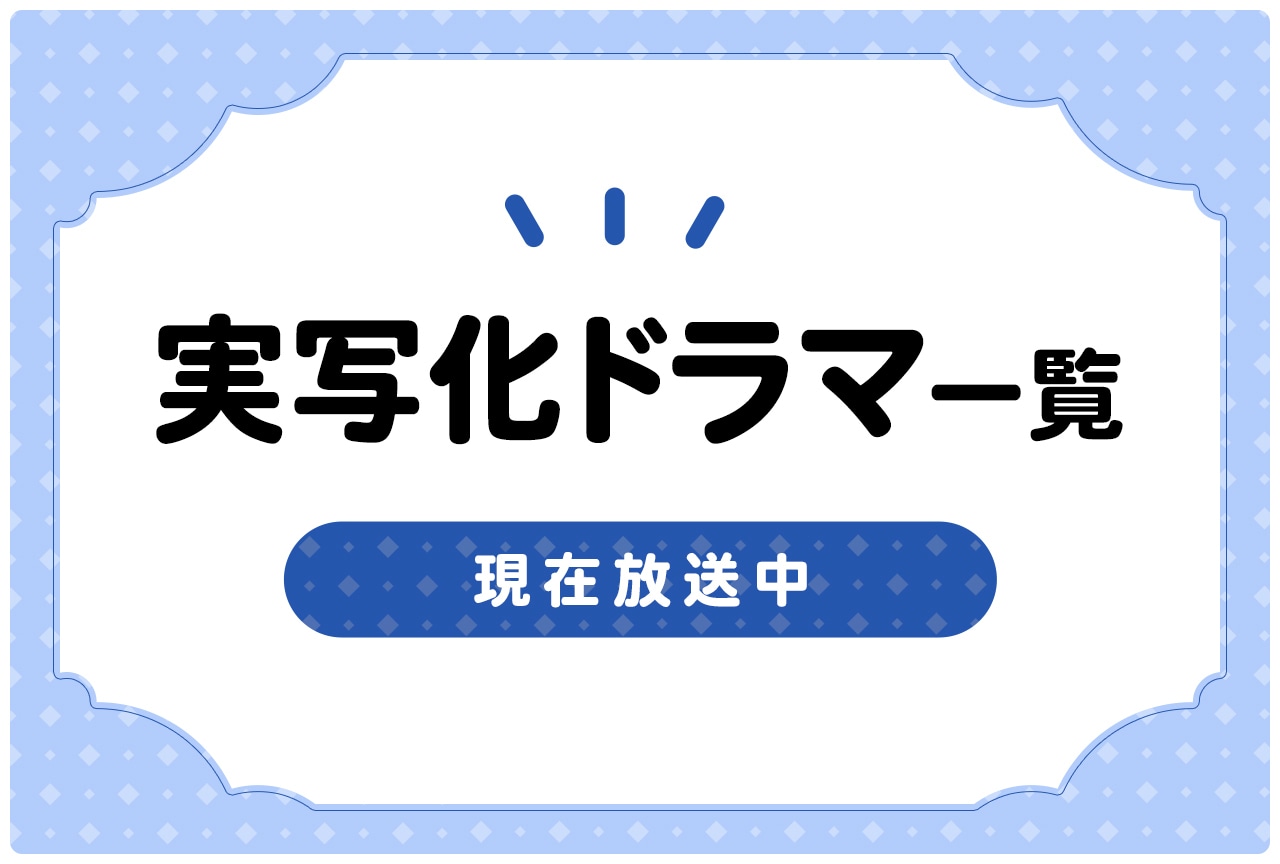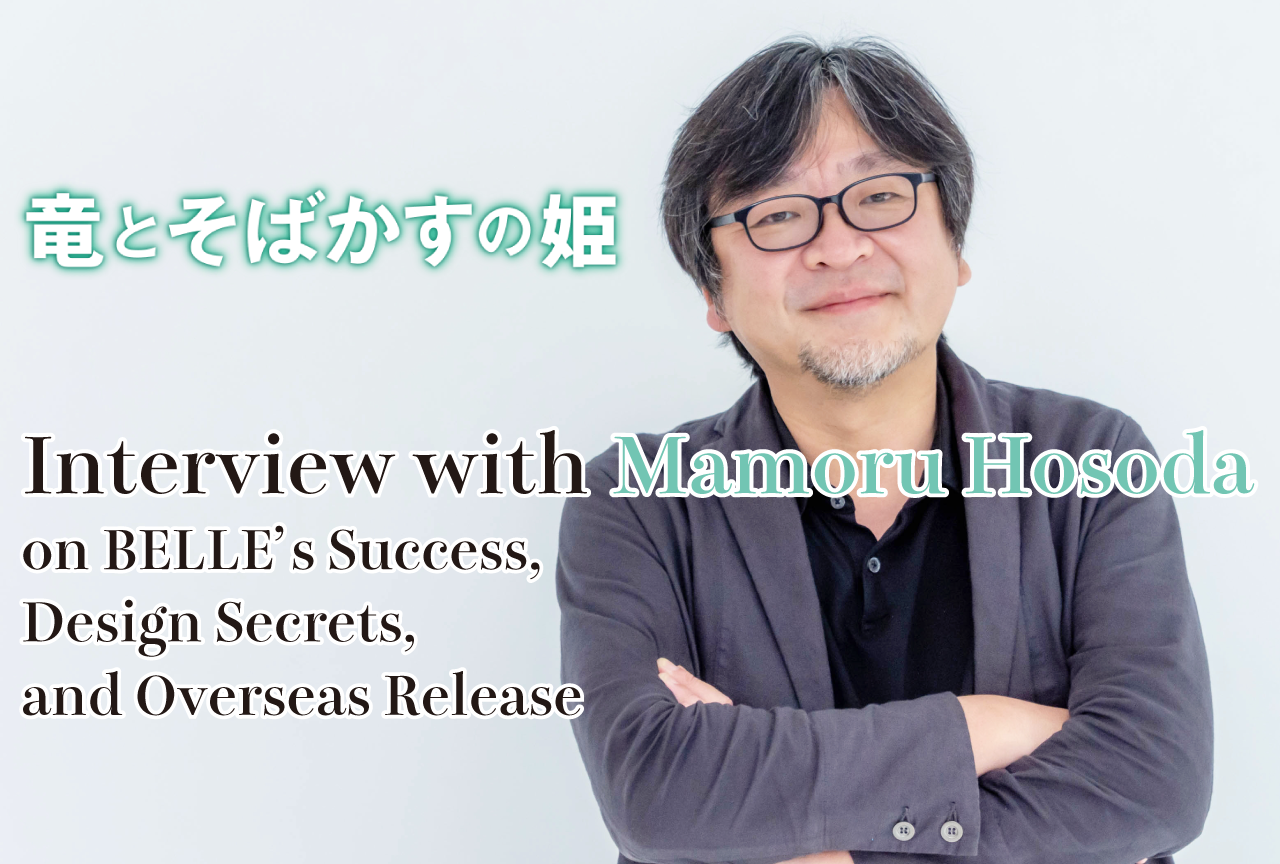
Interview with Mamoru Hosoda on BELLE’s Success, Design Secrets, and Overseas Release
There’s Meaning in Screening This Movie Now
ーーThe film is an established hit, so it's going to be in the theaters for a long time.
Hosoda: I didn’t think that would be the case due to the pandemic. As the movie opened under the state of emergency regulations, the theaters had limits on how many viewers they could allow inside. Even so, many people have watched it.
I think that seeing an oppressed high school girl express herself freely on the internet connected with the distressing thoughts that people experience in our modern age.
I believe that even if a work tries its hardest to be divorced from the time period, it’s not something that can be easily disregarded. It’s important to soothe and entertain the audience under the current circumstances. As it is screening during the modern day, I feel that the time period and the work are necessarily and intrinsically linked.
By the Way...
ーーI have one final question from a fan's perspective... Motifs such as youth, the internet, and a blue sky with white clouds often appear in your movies. Personally, I also think peaches are common too. Why did peaches make an appearance in this film?
Hosoda: Because it’s summertime. It’s a seasonal fruit (laughs). If it were being released in the fall, we would have used sweet potatoes. Winter would have been kagami mochi (round rice cakes).
ーーIs that so! You said in another interview, "Peaches seem special, so I use them as set dressing."
Hosoda: Peaches are a high-grade fruit, and it’s been said that they seem otherworldly. Don’t we put them on the Buddhist altar during Obon (a summer holiday to remember the departed)? You place them in a particular spot separate from the other fruit. The way the fragrance of peaches and incense mix together seems to invite you to another world.
Even in (the traditional Chinese novel) Journey to the West, peaches are portrayed as an important item. That's why in my works, peaches appear before a character enters another world. I hope someone noticed this detail...
Interview by Haruka Ishibashi
アニメ映画『竜とそばかすの姫』作品情報
ストーリー
自然豊かな高知の村に住む17歳の女子高校生・すずは、幼い頃に母を事故で亡くし、父と二人暮らし。母と一緒に歌うことが何よりも大好きだったすずは、その死をきっかけに歌うことができなくなっていた。曲を作ることだけが生きる糧となっていたある日、親友に誘われ、全世界で50億人以上が集うインターネット上の仮想世界<U(ユー)>に参加することに。
<U>では、「As(アズ)」と呼ばれる自分の分身を作り、まったく別の人生を生きることができる。歌えないはずのすずだったが、「ベル」と名付けたAsとしては自然と歌うことができた。ベルの歌は瞬く間に話題となり、歌姫として世界中の人気者になっていく。
数億のAsが集うベルの大規模コンサートの日。突如、轟音とともにベルの前に現れたのは、「竜」と呼ばれる謎の存在だった。乱暴で傲慢な竜によりコンサートは無茶苦茶に。そんな竜が抱える大きな傷の秘密を知りたいと近づくベル。一方、竜もまた、ベルの優しい歌声に少しずつ心を開いていく。
やがて世界中で巻き起こる、竜の正体探し(アンベイル)。<U>の秩序を乱すものとして、正義を名乗るAsたちは竜を執拗に追いかけ始める。<U>と現実世界の双方で誹謗中傷があふれ、竜を二つの世界から排除しようという動きが加速する中、ベルは竜を探し出しその心を救いたいと願うが――。
現実世界の片隅に生きるすずの声は、たった一人の「誰か」に届くのか。二つの世界がひとつになる時、奇跡が生まれる。
もうひとつの現実。もうひとりの自分。もう、ひとりじゃない。
スタッフ
■監督・脚本・原作:細田守
1967年、富山県出身。1991年に東映動画(現・東映アニメーション)へ入社し、アニメーターを経て演出(監督)になる。1999年に『劇場版デジモンアドベンチャー』で映画監督としてデビューを果たす。
その後、フリーとなり、『時をかける少女』(06)、『サマーウォーズ』(09)を監督し、国内外で注目を集める。11年、プロデューサーの齋藤優一郎と共に、自身のアニメーション映画制作会社「スタジオ地図」を設立し、『おおかみこどもの雨と雪』(12)、『バケモノの子』(15)でともに監督・脚本・原作を手がけた。
最新作『未来のミライ』(監督・脚本・原作)は第71回カンヌ国際映画祭・監督週間に選出され、第91回米国アカデミー賞の長編アニメーション映画賞や第76回ゴールデングローブ賞のアニメーション映画賞にノミネートされ、第46回アニー賞では最優秀インディペンデント・アニメーション映画賞を受賞した。
■企画・制作:スタジオ地図
■製作幹事:スタジオ地図有限責任事業組合(LLP)・日本テレビ放送網 共同幹事




